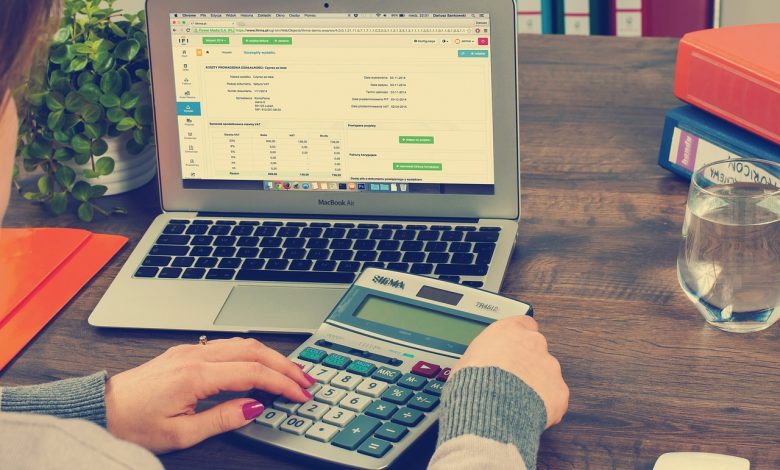
No matter your age, you can always benefit from being savvy with your money. However, as with any venture, an early start is an advantage. If you can learn to be smart about your finances in your twenties, you can benefit from much healthier looking finances throughout the rest of your life. As you navigate what many parents readily dubbed as “the real world,” you need to learn to manage your paycheck properly, as well as start learning about budgeting, mortgages and investing. Here are a few of the smartest things you can do for your finances to help you get a head start.
Getting Out From Under Debt
The average student today, unfortunately, graduates with a fair amount of debt in student loans. According to the Federal Reserve, student loan debt has more than doubled over the last decade, causing young people to delay buying property or saving for retirement, as well as hindering basic necessities such as the building of an emergency savings. If you’re one of these people, you’ll want paying off debt – which can balloon if it gets out of hand – to be a priority. When at all possible, focusing on paying off more than the minimum payment amount will allow you to reduce the length of your loan and the amount of money that will have to pay in interest, saving you more money in the long run.
Look to the Future (Even If It’s Far)
A 401(k) is a savings account for your retirement. If your employer offers one, make sure that you are contributing to it and take full advantage of your company’s match program (in which they will match the contributions you make). By taking advantage of a match program, you get more money to retire with without paying it in yourself. Experts suggest that aiming to put away at least ten percent of your income is ideal, but even smaller amounts will benefit you in the long run. Saving something, even a small amount, is vastly better than saving nothing. Additionally, when you’ve decided how much you can manage to pay in, you can make the contributions automatic – which takes it out of sight and out of mind, as well as out of reach of any temptation to skip doing it. In the future, you can try to up your contributions on a consistent basis, or particularly in instances such as if you happen to get a pay raise. While it may seem small, the power of compound interest over time can make a big difference.
Make Saving Fun
Setting savings goals for major expenses, such as a new car or a vacation, can help keep you motivated to save. Decide what you’re saving up for, work out how much you will need to save, and how long it will take. If you can save over a longer period, you can work on consistency (rather than having to withhold large portions of your income that you might not be used to) to save and instead can just save a little at a time. Here’s one example: if you want to book a $1000 vacation one year from now, you’d need to save just under three dollars a day. Give up your morning latte and put the cost of it into your savings, and you’ll get there before you know it, as well as have created a habit that will serve you well over your financial journey. You can tweak your budget to accommodate whatever you decide you need to save in a month, and you can likewise prioritise your savings goals while both saving and budgeting at the same time.
Track Your Spending
It’s very important to be aware of your cash flow, as one of the fastest ways to lose control of your money is to lose track of where it’s going. You need to know exactly how you’re spending your money, and to be certain that you don’t have more money going out than you have coming in. Both everyday purchases and unexpected expenses have a way of adding up, so if you’re prone to overspending, recording and analyzing your spending habits can make a huge difference. Luckily, there are myriads of apps available that can help you do this and even bank accounts that break down your spending. If you’re more old fashioned, you can even write what you spend on your phone or in a notebook – whatever works for you. You can categorize your spending, check where you’re overspending and discover where you can save. By monitoring your spending, budgeting becomes much easier.
Don’t Overlook Insurance
Not having insurance is one of the worst money mistakes you can make. While it might seem obscure, an unexpected event can be a huge financial hit. If you happen to own your own home, you need building and contents insurance to protect you in the event of fire, flood, damage or theft. If, more likely, you don’t own your own property just yet, you still need renter’s insurance. Renter’s insurance covers you for break-ins and damage from a fire or bad weather, and you’ll also be covered in the event of something being stolen from your car that is not covered by your car insurance. Your car must be insured too, and – particularly in the USA with its high health-care costs – it’s imperative to have health insurance in the event that you need to see a doctor.
Create An Emergency Fund
A financial disaster, or even simple setback, can affect anyone. Whether it’s losing your job, a hitch in your new business, your car breaking down, or unexpected home repairs, it helps to prepare for these events by having a backup fund of emergency savings. Ideally, you should aim for an emergency account equal to a few months of your salary. If you ever are out of work, you will have something to live on, and a single repair won’t send you seeking out a personal loan. The trick with emergency accounts after you save them up is singlefold – don’t spend this money on anything other than an emergency. Keeping this fund in a high-interest savings account or a money market account – both of which have better interest rates which allow your money to grow more than it would in a traditional savings account – will also allow you to keep your emergency savings separate from your everyday accounts and prevent it from getting mixed up with that other chunk of cash you might be saving for a new laptop or vacation.
The chance to start learning about money in your twenties is a valuable opportunity. Honing your money skills and creating good financial habits early, with knowledge about budgeting, saving, and investing, will set you on the path for future financial responsibility.



